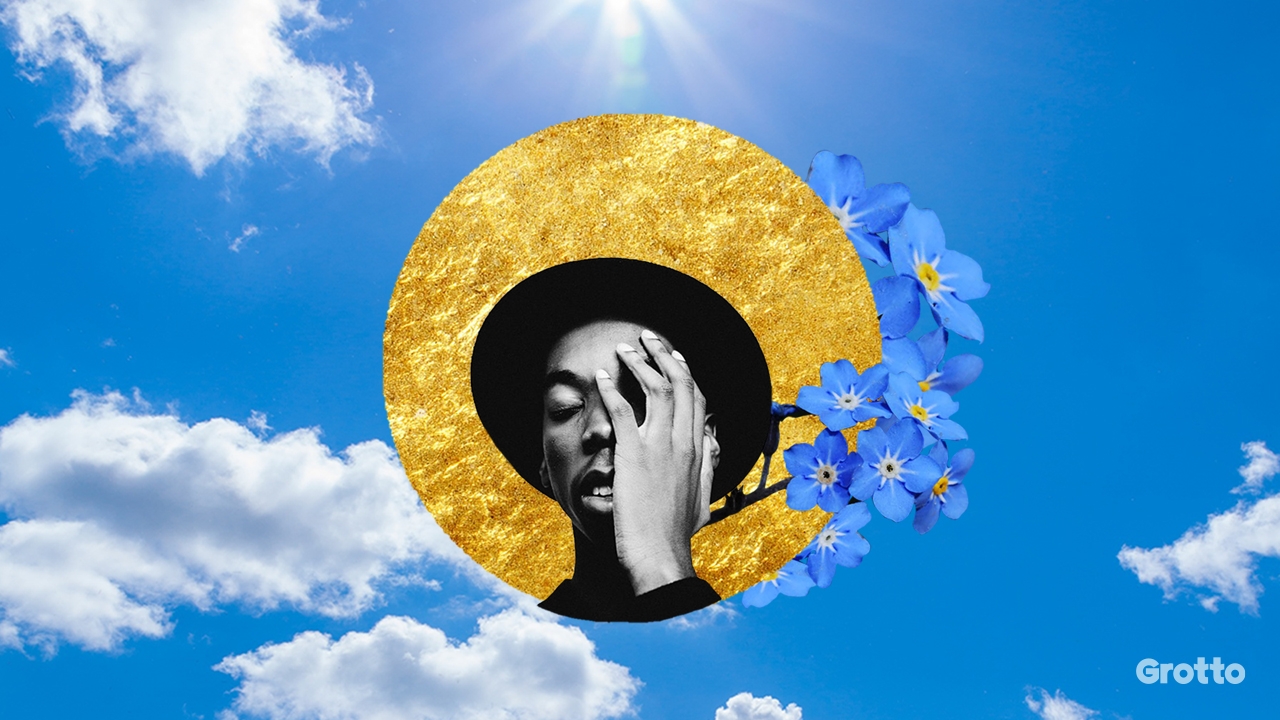
Last year, I was among the estimated one million millennial mothers to give birth. Like everyone else, I spent inordinate amounts of time scouring baby name websites in search of the perfect moniker for our daughter. But unlike most of my peers, I didn’t pull our final selection from one of the dozens of popular lists I’d viewed. Instead, I named her after a relatively unknown, dead, black Franciscan nun.
My daughter is named Thea after Sister Thea Bowman, FSPA — a woman who saw a vision for who we could be and was fearless in urging us to get there. If my daughter follows her example, she’ll be a person of conviction, joy, and compassion.
Sister Thea Bowman was born in Yazoo City, Mississippi in 1937 into a black Protestant family, but the precocious Thea embarked on her own spiritual journey at an early age and convinced her parents to let her convert to Catholicism when she was just 9 years old.
Thea’s natural mysticism was equaled by her intelligence. She joined the Franciscans and earned an M.A. and Ph.D. from the Catholic University of America before going on to teach at Xavier University, where she helped found the Institute for Black Catholic Studies.
With a dynamic presence, sharp mind, musical talent, and charismatic personality, Thea Bowman became a popular teacher and preacher. She considered one of her primary callings from God to be the facilitation of interracial dialogue within the Catholic Church. A passion for unity and cross-cultural understanding undergirded Thea’s life message — so much so that she was recruited by the diocese of Mississippi to develop outreach to nonwhite communities and serve as an intercultural advisor.
Thea was adamant about the need for different races and cultures to listen to one another’s experience, but she was not interested in it happening within a church building alone. “I don’t think it starts in church, I think it starts outside of church,” she said. “I think when we love one another, when we become friends, then we can walk hand in hand into the house of the Lord and celebrate. But to me, to pray together when our hearts are not one, when we’re not at least trying to bridge the gaps, is sacrilege.”
Thea personally held the tension between the two most important parts of her identity — her blackness and her Catholicism — and encouraged others to do the same by bringing the gifts of their unique cultures and communities to the Church. She was particularly concerned with making space for minorities, and spoke frequently and boldly about the need for non-European traditions to be integrated within the Catholic Church. To practice what she preached, Thea often wore elaborate African dress and sang African-American spirituals in her presentations.
In 1989, months before her untimely death from cancer at age 52, Thea was invited to speak before a gathering of U.S. bishops on the subject of black presence in the Catholic Church. Here she unapologetically critiqued a patronizing attitude toward blacks within the Church at large. In the most quotable speech of her life, Thea said:
“What does it mean to be black and Catholic? It means I come to my Church fully functioning. That doesn’t frighten you, does it? I bring myself — my black self, all that I am, all that I have, all that I hope to become. I bring my whole history, my traditions, my experience, my culture, my African-American song and dance and gesture and movement as teaching and preaching and healing and responsibility as a gift to the Church.”
As outspoken as she was, Thea was also a gifted peacemaker — one who demonstrated rare joy and optimism at the often daunting work of facilitating interracial dialogue and understanding. “I can introduce my black friends to my Hispanic friends to my Anglo friends to my Asian friends to my Native friends,” she said in one interview. “I can be the bridge over troubled waters. I can take you by the hand and take you with me into the black community. I can walk with you into your community. And if I walk with you into your community, I don’t walk as a stranger, I walk as your sister.”
Thirty years after Thea Bowman’s death, our nation is as divided as ever — sometimes it seems the Church is no different. In such a polarized climate, her example proves timely — a would-be saint who points us toward listening, unity, and pushing beyond our comfort zones. Sister Thea Bowman is a bridge-builder to look to in a time when our society desperately needs bridges, and I hope both my daughter — and I, myself — might live up to her example.




















